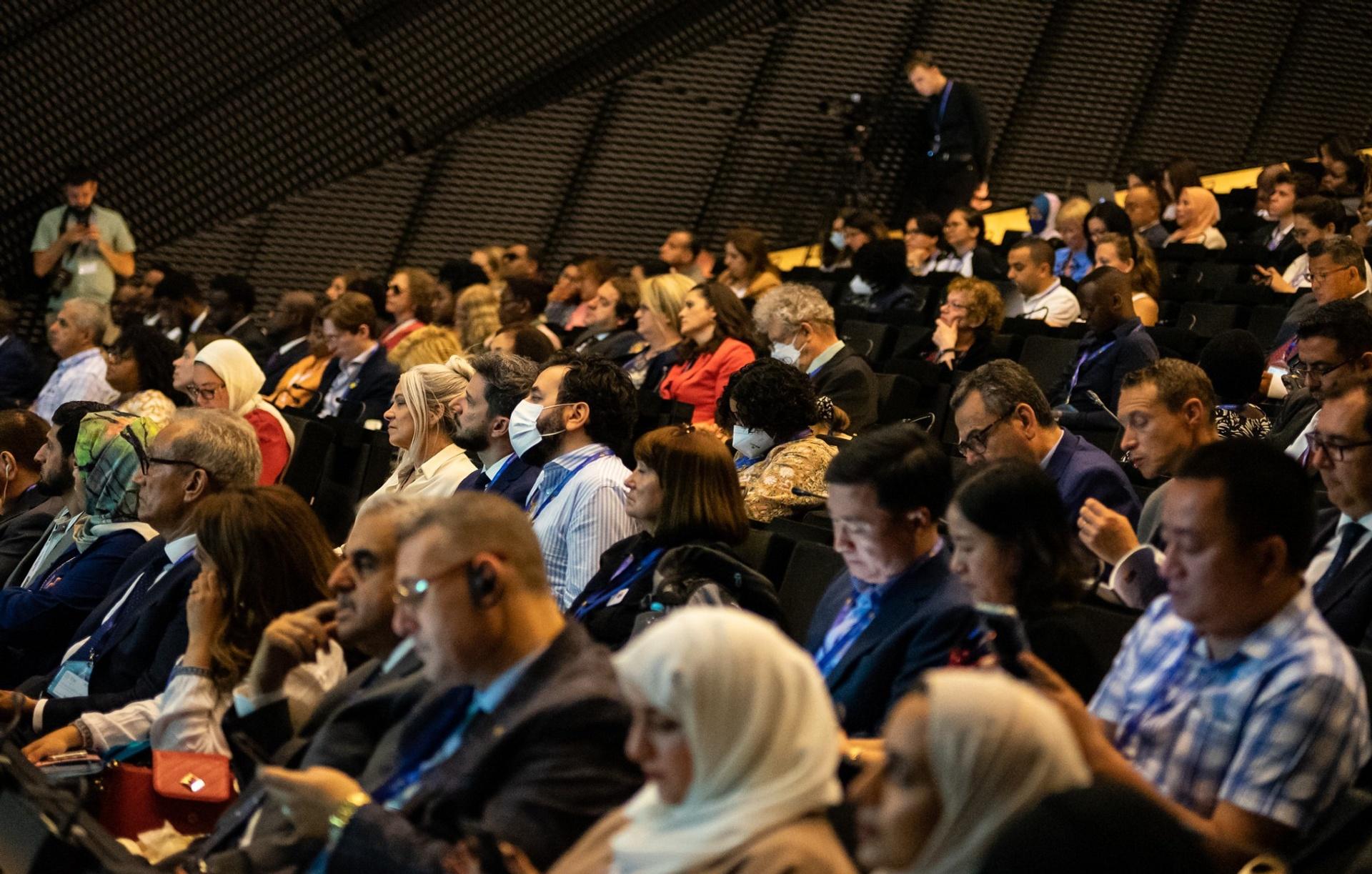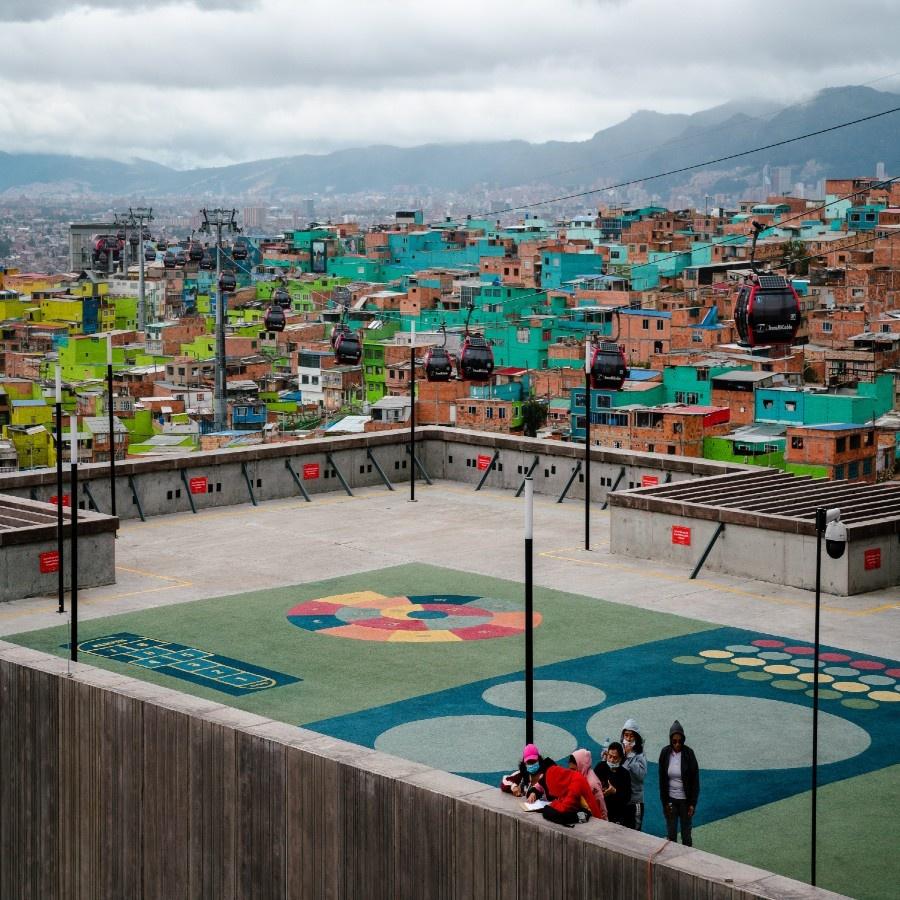Special Session on Equitable Urban Futures at the World Urban Forum hosted by the Council
The Council on Urban Initiatives showcases research and promotes knowledge sharing at the 11th World Urban Forum held in Katowice, Poland in June 2022


The Council on Urban Initiatives co-hosted a Special Session, Shaping Equitable Urban Futures, at the World Urban Forum in Katowice, Poland on 29 June. Chaired by Mariana Mazzucato and Ricky Burdett, this session explored examples of cities developing critical transformations ‘on the ground’ that could deliver more equitable futures, with a particular focus on public value and quality design of the built environment.
The panel spoke to how cities are now at the forefront of multiple and intersecting crises: climate change, pandemics, forced migration, systemic inequality and financialisation, to name a few. When these crises culminate and reach a tipping point, city leaders must use them as an opportunity to make fundamental shifts that improve the lives of urban residents. This was emphasised by the chairs, who also stressed the importance of drawing lessons from cities and local initiatives that have already been successful in promoting such innovations.
Care is a gendered issue with 30% of women in the city devoting an average of 10 hours per day to caring activities.”

This was followed a discussion on urban planning in the context of uncertainty and flux with presentations by Fatma Şahin, Mayor of Gaziantep, Turkey and Yvonne Aki-Sawyerr, Mayor of Freetown, Sierra Leone. Şahin drew parallels between the conflicts in Syria and Ukraine and their effects on regional displacement and migration, which, in the case of Gaziantep, had resulted in the city receiving over 450,000 Syrian refugees. She stressed the need to adopt social justice as key tenant, ensuring that refugees have access to public services alongside education and employment. Aki-Sawyer outlined the financial context in her city, which has attempted to bolster its tax revenues emphasising that while this had resulted in significant progress, the city still faced considerable financial challenges in ensuring truly equitable public service provision. She highlighted the complexity and fragility associated with operating in and against poverty, confounded by limited municipal autonomy within a highly centralised state.

Lastly, Javier Burón, Housing Manager for the City of Barcelona, spoke both about the city’s efforts to reorient the housing market to deliver public value and of the challenges associated with solving complex issues that extend beyond metropolitan jurisdictions. He stressed the need for reliable data and explained how the city had progressed in the measurement of public and private land stock. Mazzucato, in turn, praised the City’s efforts as market shaper, while Leilani Farha commented that she regarded this as an example of human rights in action and asked about the city’s prevention against predatory actors to which Burón spoke of the importance of zoning, imposing standards and regulations on the market. He concluded by emphasising the City’s attempt to attract long-term core investment funds that want to join forces with the public sector.